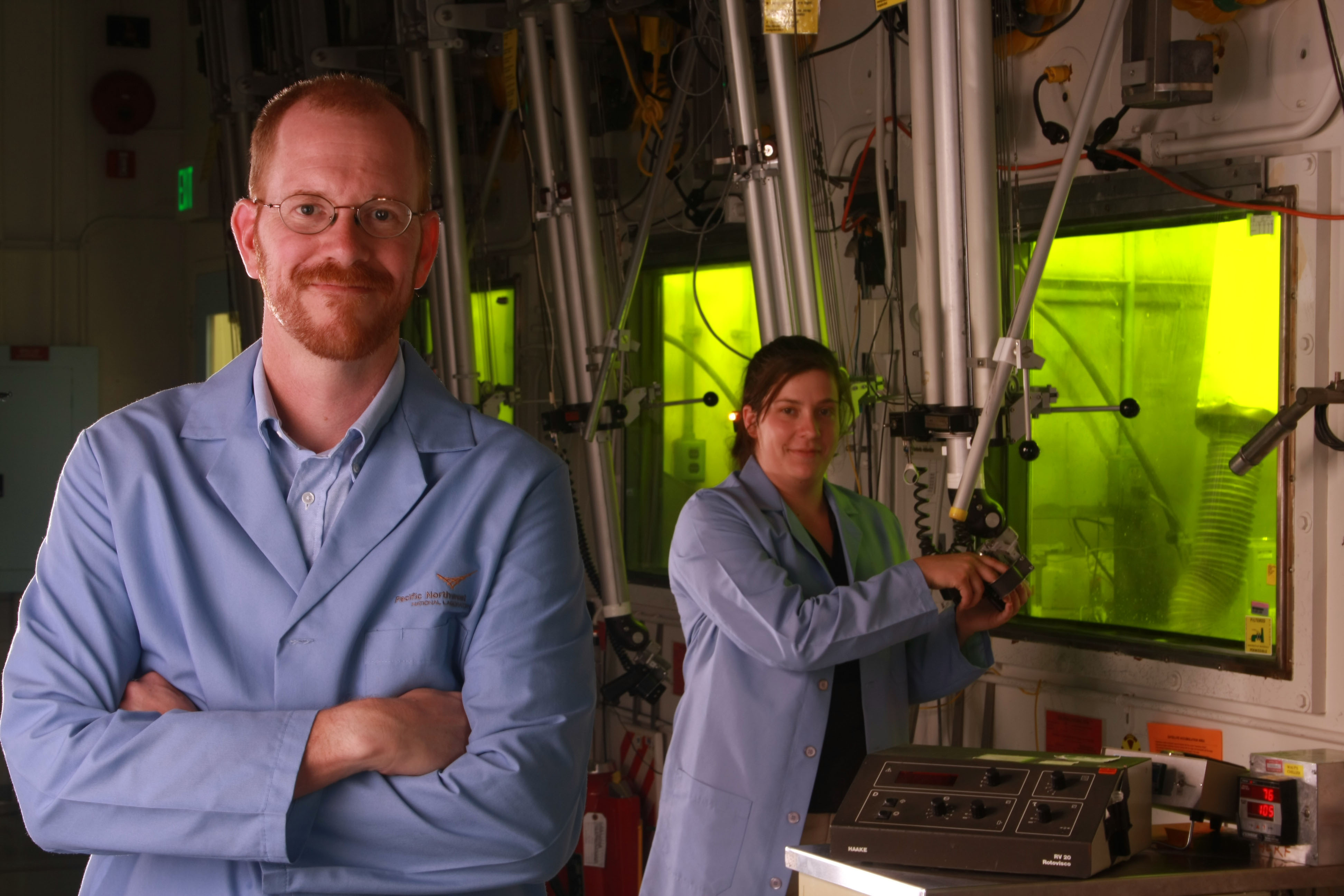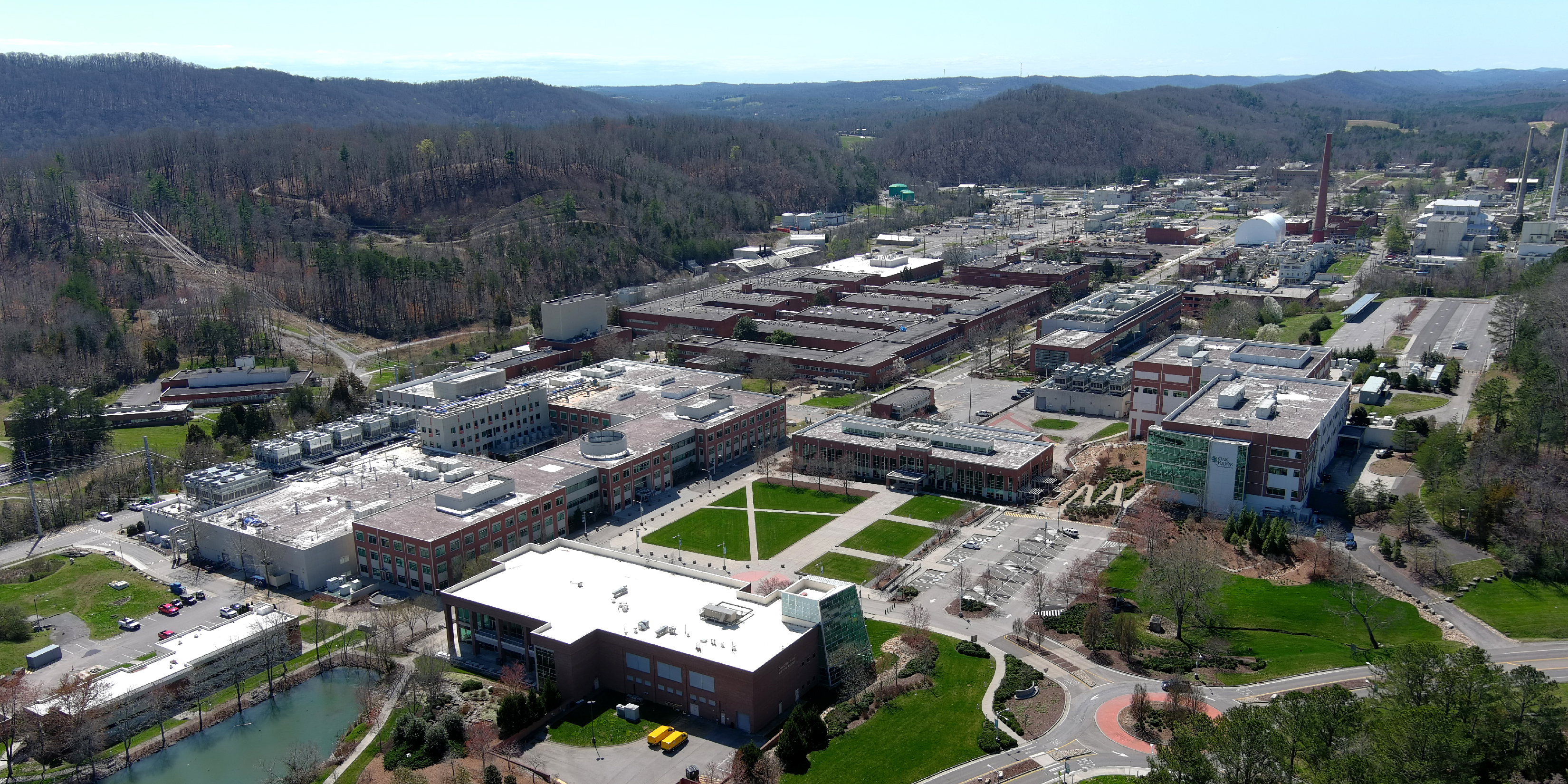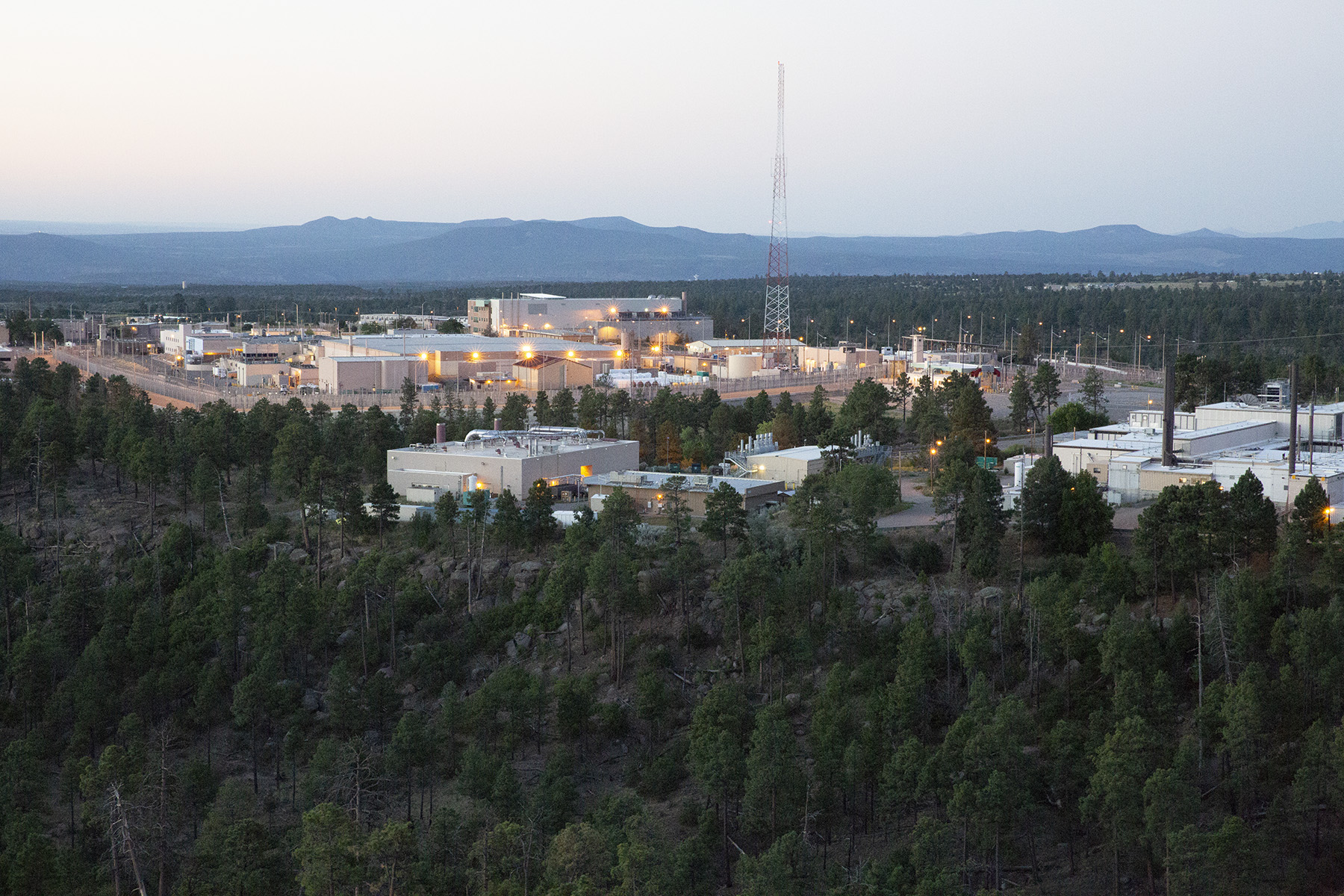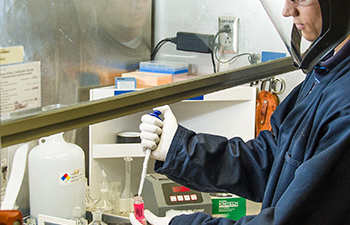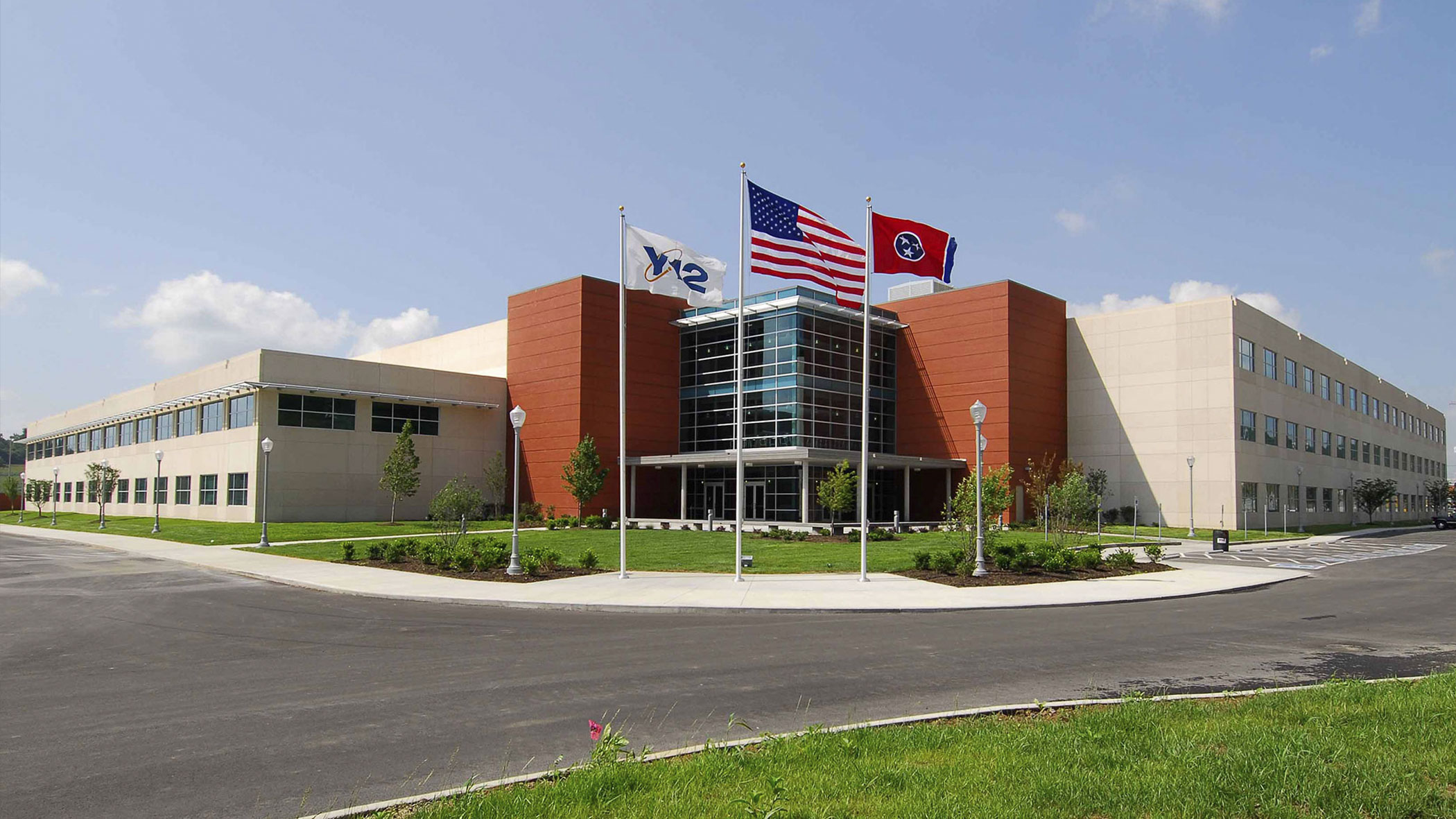PNNL Radiochemical Processing Laboratory (RPL)
At PNNL’s Radiochemical Processing Laboratory (RPL), experienced staff use state-of-the-art facilities and specialized instrumentation to prepare high-quality radioisotopes for use in medical, research, and national security applications. For example, the team holds expertise in ultra-pure radiochemical separations techniques used to make generator systems for lead-212/bismuth-212 and strontium-90/yttrium-90, both of which are used in drugs for the treatment of various cancers. Radium-223 and thorium-227 are also produced at the RPL for use in targeting cancer-related complications.
Staff at the RPL utilize shielded facilities, including hot cells, to conduct work with radioactive materials ranging from bench-scale to pilot-scale experiments. Such work includes analytical chemistry operations, advanced analytical methods development, isotope processing, advanced separations, reactor fuel handling, and nuclear materials examination.
More information can be found at the RPL Homepage.
ORNL Enriched Stable Isotope Pilot Plant (ESIPP)
ORNL’s Enriched Stable Isotope Prototype Plant (ESIPP) was constructed to aid in the replenishment of the nation’s inventory of enriched stable isotopes, which had not been produced since 1998 when calutrons at the Y-12 National Security Complex were placed on “standby” mode. ESIPP is composed of two key instruments: (1) the Electromagnetic Isotope Separator (EMIS), commissioned in 2017, which offers tens of milliamperes of ion current with milligrams-per-hour throughput, and (2) the Gas Centrifuge Isotope Separator (GCIS), which offers milligrams-per-second throughput (dependent on the number of machines, cascade design, and individual machine performance).
To date, ruthenium-96 has been produced and delivered to customers using EMIS, and the NIDC and DOE continue to develop priorities for new production campaigns. A project to expand the plant for enriching kilogram quantities of isotopes using GCIS technology is in progress. The expanded plant, referred to as the U.S. Stable Isotope Production and Research Facility (SIPRC), will be a significant new investment in support of research requiring large quantities of enriched stable isotopes not readily available from other sources.
LANL Plutonium Facility
The LANL Plutonium Facility is the only full-service plutonium fabrication facility in the United States, with the capability to fabricate both metal and ceramic products and to recycle and purify large quantities of plutonium for future work. There are several major programs represented in the Plutonium Facility including Material Recycle and Recovery. This program takes residue materials from previous processing and places them in usable forms. They use both aqueous and pyrochemical processing to remove impurities. Chloride processing allows for the recycle of materials that have chloride residues. Nitrate processing allows for the recycle of materials that have nitrate residues. Pyrochemical processing allows for the removal of trace impurities and radioactive decay products from the material.
Savannah River Site Tritium Facilities
At the Savannah River Site (SRS) tritium facilities, operated by the National Nuclear Security Administration (NNSA), tritium is replenished continually to maintain the nation’s supply by recycling it from existing warheads and extracting it from target rods irradiated in Tennessee Valley Authority nuclear reactors. Tritium is an isotope of hydrogen and an important component in nuclear weapons production. Its replenishment is necessary because the isotope decays to helium-3 at a rate of 5.5% each year. Because helium-3 is a valuable commodity in non-weapons-related applications, notably in neutron detection equipment, DOE has arranged for the NIDC to coordinate its sales and distribution to industry.
More information can be found at the Savannah River Site Tritium Supply page.
Y-12 National Security Complex
As an NNSA facility, Y-12 is tasked with producing and supplying lithium isotopes of which the excess is distributed by the NIDC for non-weapons applications. DOE has made the excess of both lithium-7 and lithium-6 isotopes available to industry for research and other purposes, including neutron detection and radiation dosimetry.


